Goods insurance
Protect Your Business Stock with a Comprehensive Cover!
As an entrepreneur, you naturally want your business operations to run smoothly, even in the event of unexpected incidents such as fire, theft, or water damage.
A goods insurance provides the assurance you need to quickly get back to business without worrying about the financial consequences of damaged goods. Discover everything you need to know about goods insurance and why it is essential for the continuity of your business.
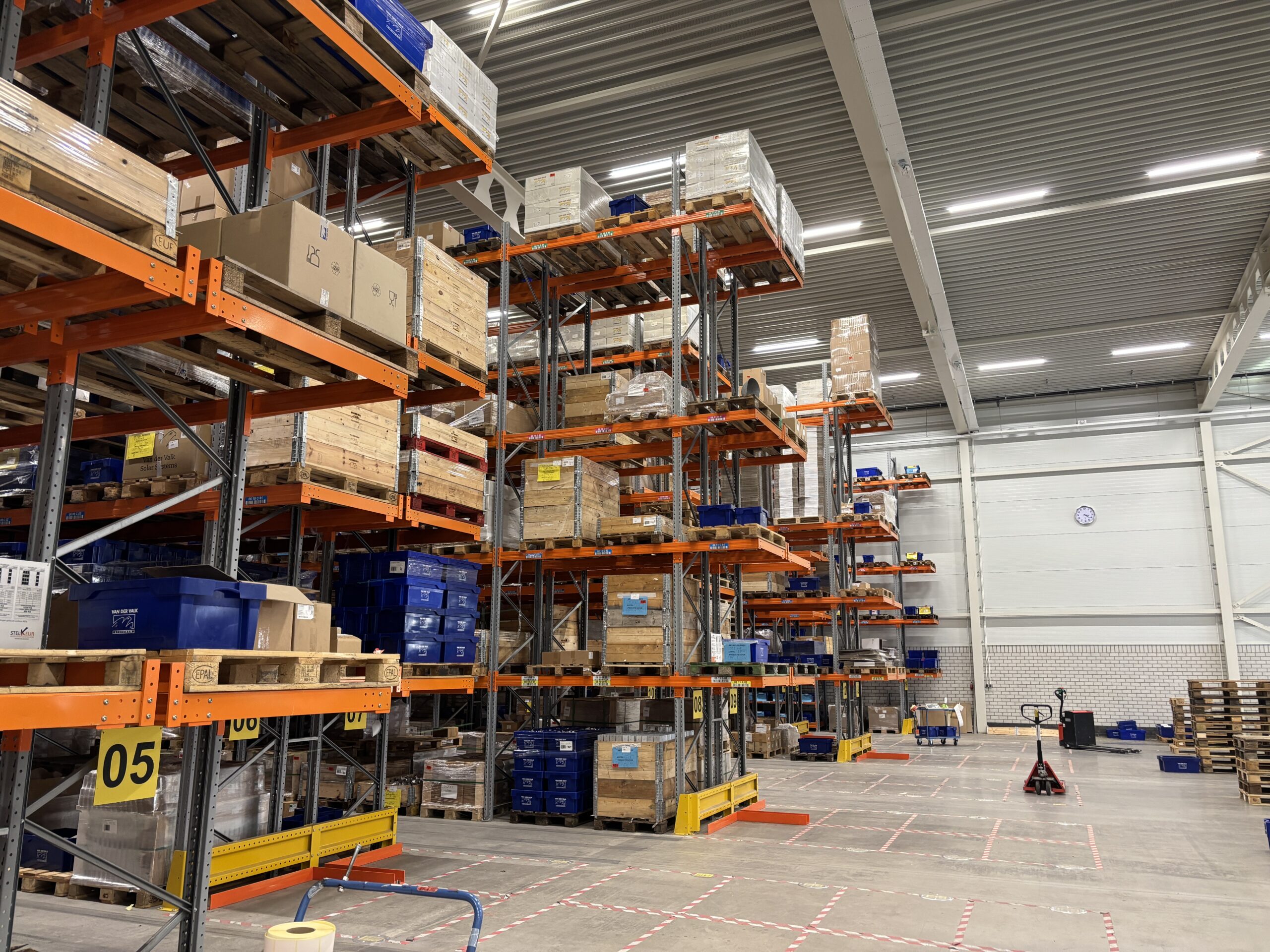
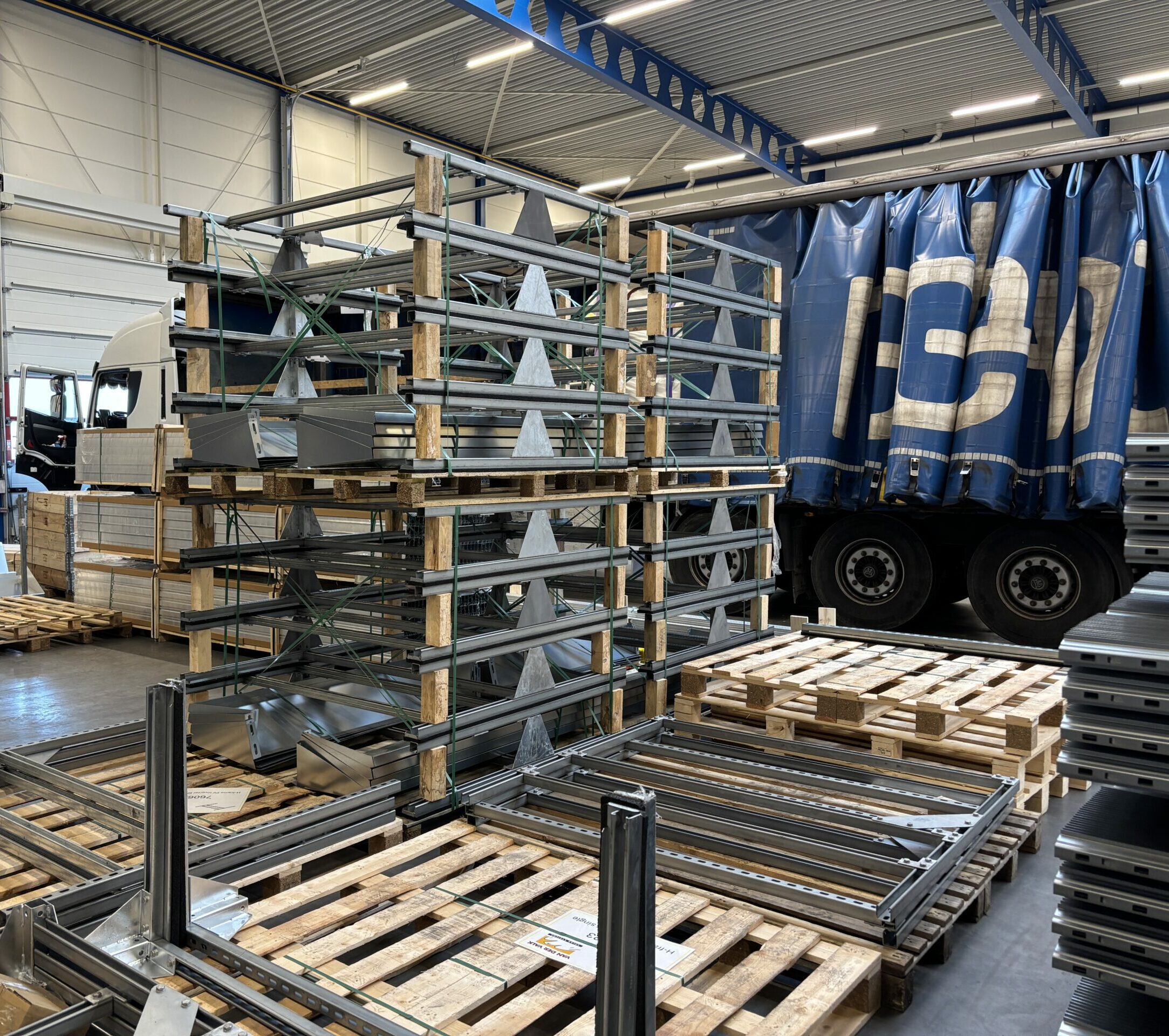
What is Goods Insurance?
Goods insurance, also known as stock insurance, covers damage to your business goods intended for sale. This includes finished products and other merchandise, semi-finished products, raw materials, work-in-progress, and packaging materials. The insurance covers damage caused by fire, theft, storm, and water damage, among other risks.
The purpose of the insurance is to ensure that you can quickly resume your business operations after a loss by receiving compensation to replace or repair damaged goods.
What is Not Covered by Goods Insurance?
Damage caused by the following is not covered:
- Intent or gross negligence
- Lack of maintenance
- Fraud within the company
- Natural disasters such as flooding and earthquakes
- Groundwater
- Wear and tear from slow-acting influences
- Inventory: For this, you need an inventory insurance
- Data and software of computers and electronics
- Transport: Transportation damage requires a cargo insurance
- Cybercrime: a cyber insurance is required.
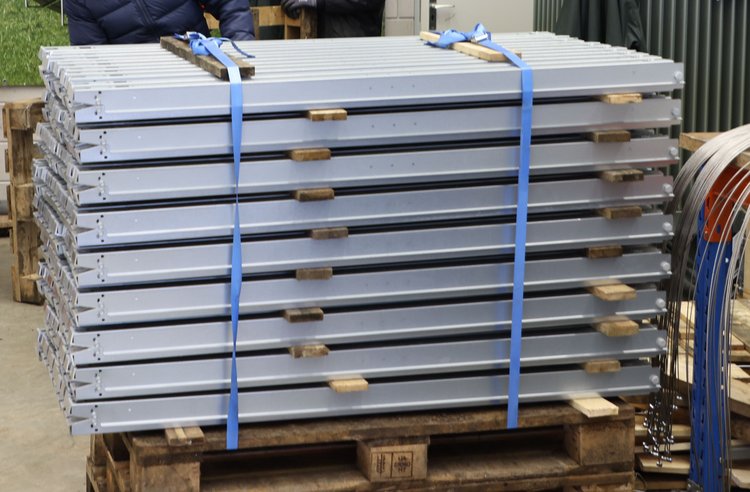
Underinsurance Guarantee
Most goods insurance policies offer an underinsurance guarantee.
When changes are made to your goods, such as acquiring additional items, the value may increase. This could result in your goods being insured for too low an amount, meaning you are underinsured, and would receive less compensation in the event of damage.
Thanks to the underinsurance guarantee, you don’t have to worry about this. This guarantee protects you automatically, without the need for interim adjustments, regardless of the amount.

Examples of Damage Covered
Example 1: Fire
Your business premises are affected by a fire. Your goods are irreparably damaged. The stock insurance compensates for the damage so that you can quickly resume work.
Example 2: Theft
After a break-in at your warehouse, several valuable goods are stolen. Thanks to the stock insurance, the replacement value of these goods are reimbursed.
Example 3: Water
Following a severe storm, water damage occurs in your warehouse. The insurer covers the costs for replacing damaged goods.
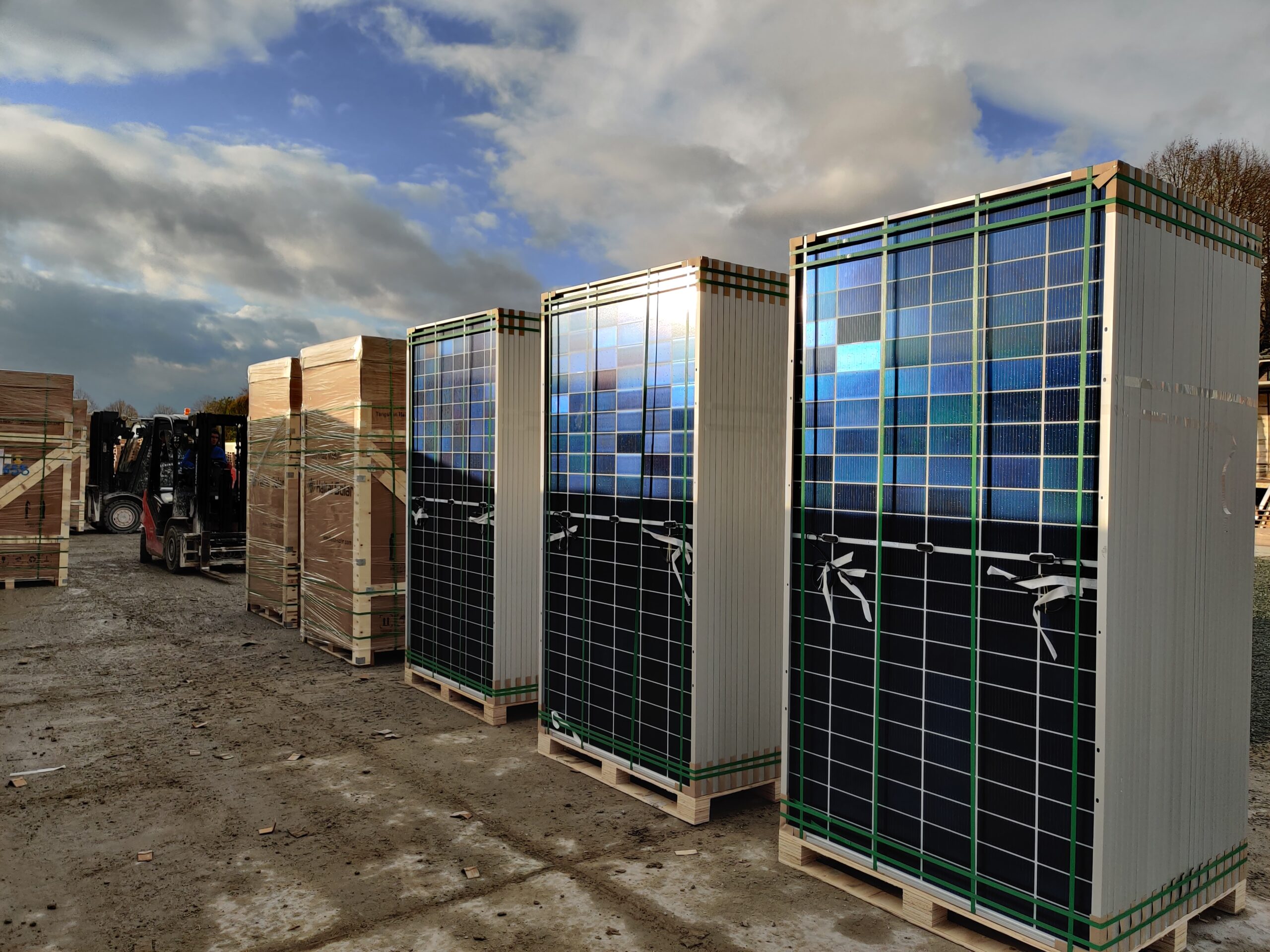
Why Do You Need Goods Insurance?
Without stock insurance, you run the risk of having to cover expensive repairs or replacement of your goods yourself.
This could have serious consequences for the continuity of your business. With stock insurance, you are assured of financial support in the event of damage.
Would you like to discuss stock insurance with us?
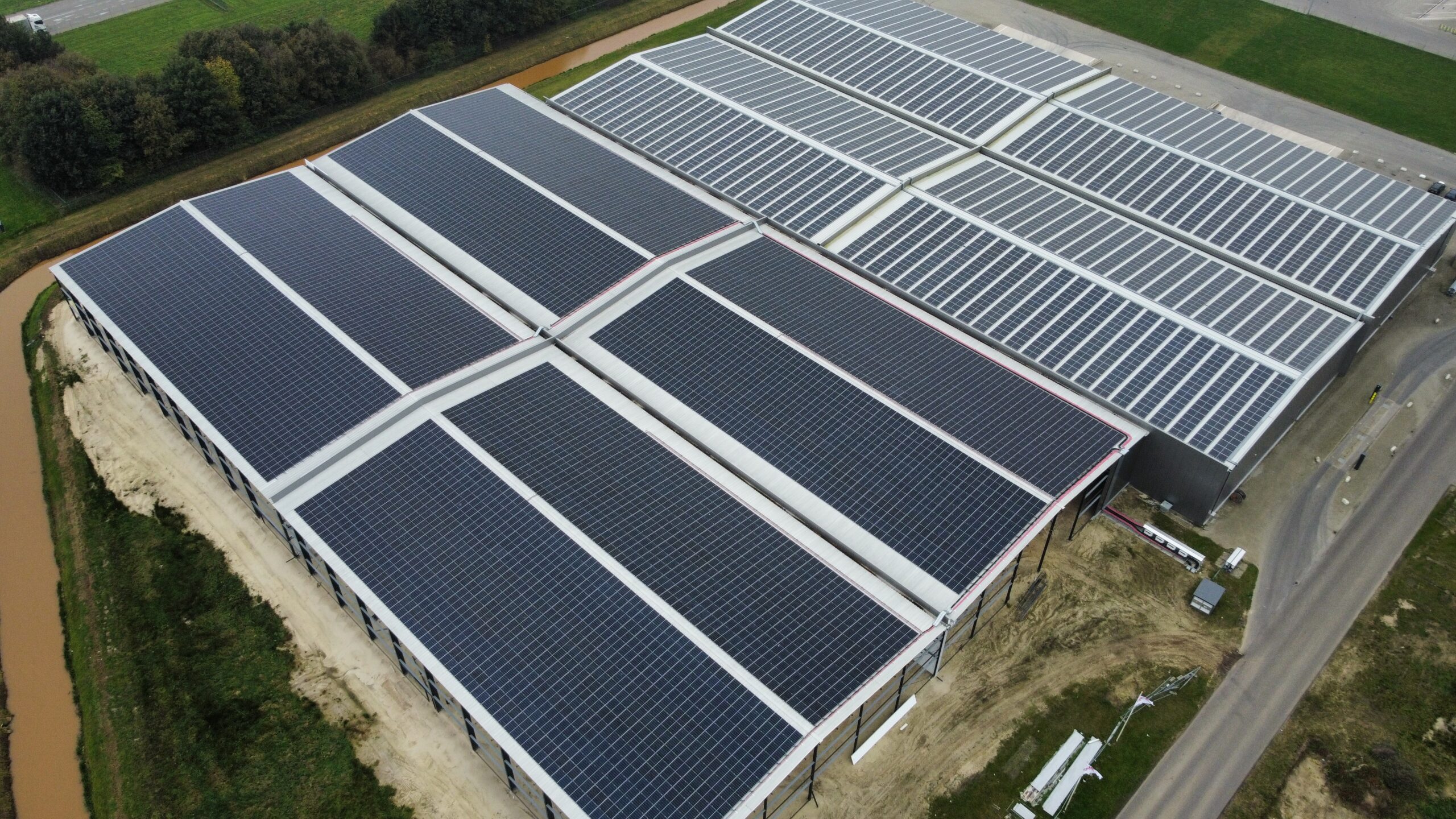
What Other Insurances Do Business Owners Often Take Out Alongside Goods Insurance?
What Our Customers Say About Us
“What sets Solarif apart is their reliability and commitment. They listen to their customers and provide tailor-made solutions that perfectly fit our needs. Thanks to them, we can focus on our business without any worries.”
“Solarif provided excellent service when our inventory was damaged by fire. Their expertise in both insurance and solar energy makes them unique. We feel safe and well-supported by their team.”
“The expertise and proactive approach of Solarif have been invaluable to us. Their personal touch and quick handling of a claim have saved us a lot of worry. We are glad we chose Solarif.”
Do you want to protect your business goods?
Frequently Asked Questions
- Note the date and time of the damage.
- Report the damage as soon as possible.
- Take measures to limit further damage.
- Keep receipts for the costs of any measures taken.
- Do not dispose of damaged parts until they are released by the insurer.
- Take clear photos of the damage.
To report damage or for more information on the next steps, visit our informative page on reporting damage.
- Contact: Call us or use our contact form.
- Risk Assessment: Schedule an intake meeting to map out your risks and needs.
- Application Form: Complete our application form so that we receive all essential information.
- Quote: We request quotes, compare them, and present the best options.
- Choice: Choose the best quote and finalize your policy.
- Policy: Pay your premium and receive your policy.
The cost of your premium depends on various factors, including:
- The replacement value of your business goods
- The type of goods you want to insure
- The risk profile of your profession or business activity
- The location where the goods are stored
- The construction type of the building where your goods are stored
- The security measures in place at the location
In general, the higher the risk, the higher the premium. For an exact quote, it’s best to request a proposal.
Yes, Goods Insurance and Inventory Insurance can be combined into a single policy, often referred to as Goods and Inventory Insurance. This not only reduce administrative hassle but also ensures seamless and comprehensive coverage for both your inventory and business goods.
For a stock insurance, it is essential to take appropriate security measures based on the risk class of your business premises. This class can be determined using the most recent version of the VRKI (Improved Risk Classification), which assesses the risk of burglary. It is advisable to engage a certified security company to conduct an accurate risk analysis and implement appropriate measures. Certified security companies can be found via www.preventiecertificaat.nl or www.veb.nl.
Goods insurance is relevant for any business that owns goods that intended for sale. This insurance protects against damages caused by fire, theft, water damage, and other unforeseen events, covering the costs of replacement or repair.
Your goods is insured based on its new value. In many cases, if the current value is less than 40% of the new value, the current value is reimbursed.
You only need to report the value of your goods once a year. This automatically protects you against underinsurance for the following year. This means that any new goods you purchase is automatically insured, regardless of its value.
Inventory insurance
This insurance, also known as business contents insurance, covers damage to business property that is not fixed to the building and not intended for sale. This includes furniture, equipment (such as computers and machines), and other business assets needed to run the business but not sold.
Goods insurance
This insurance, also known as stock insurance, covers damage to goods that are intended for sale or processing. This includes saleable products, raw materials, and semi-finished products stored for commercial purposes.
In short, the inventory insurance protects your contents, while the stock insurance protects your commercial goods.
Goods (stock)
Stock includes all goods intended for sale, such as finished products, merchandise, semi-finished products, raw materials, work-in-progress, and packaging materials.
Inventory (business contents)
Inventory, on the other hand, consists of items in the business premises that are not for sale but are necessary for the business to function, such as furniture, machinery, and equipment.
Goods Insurance is not mandatory.




